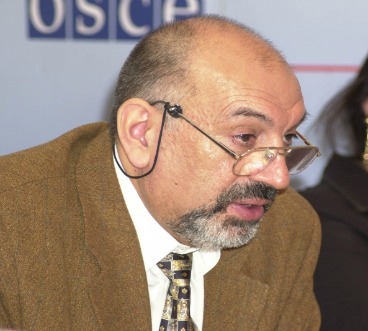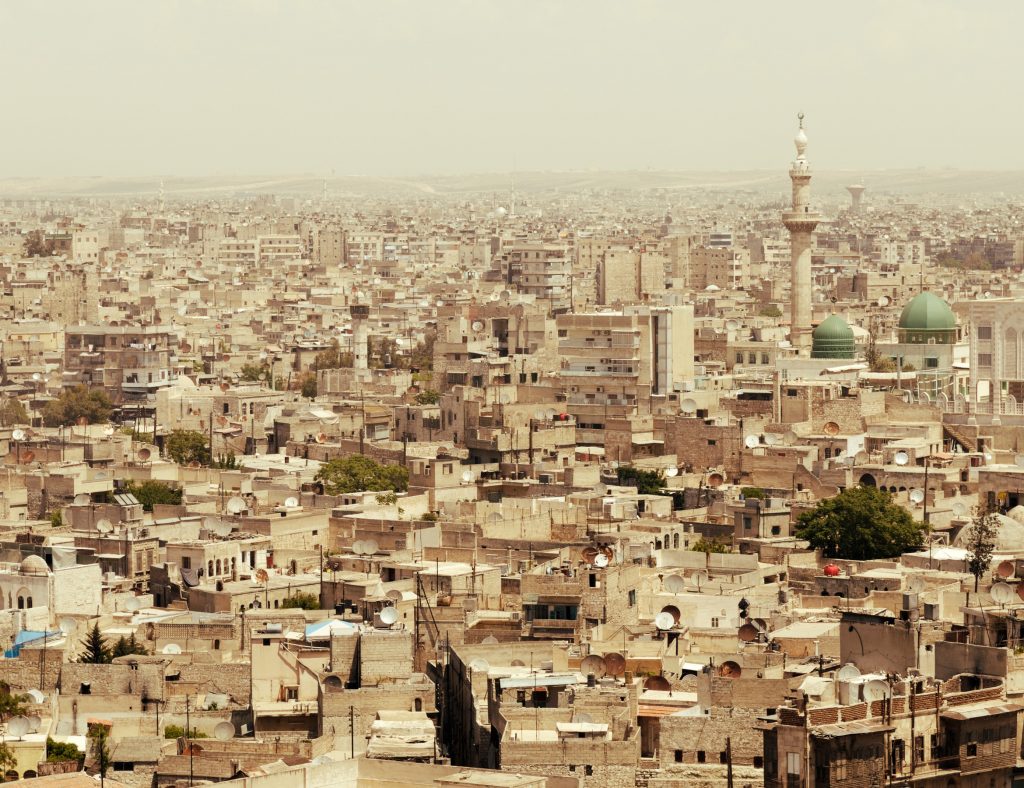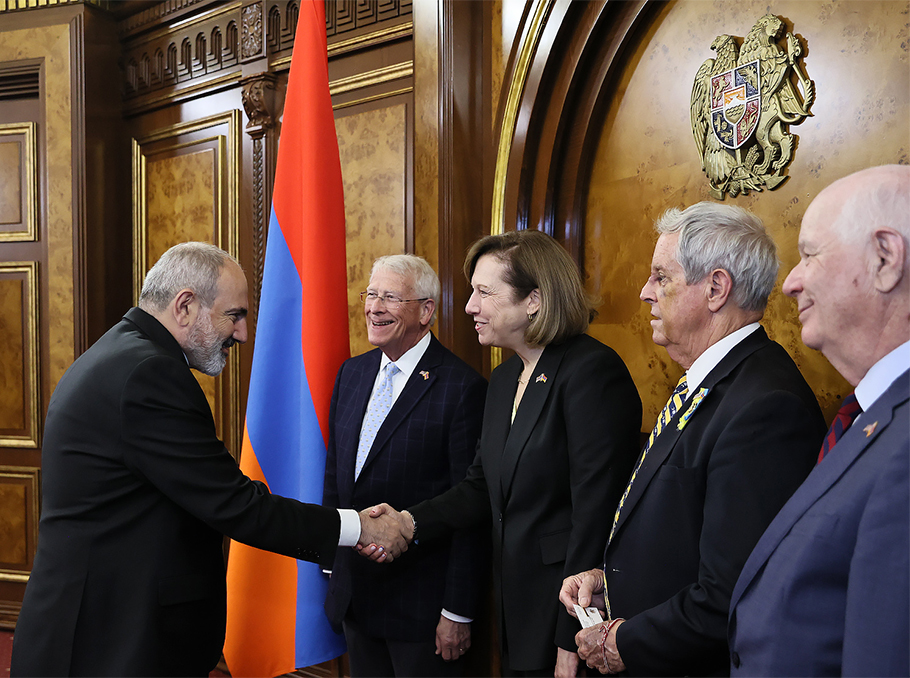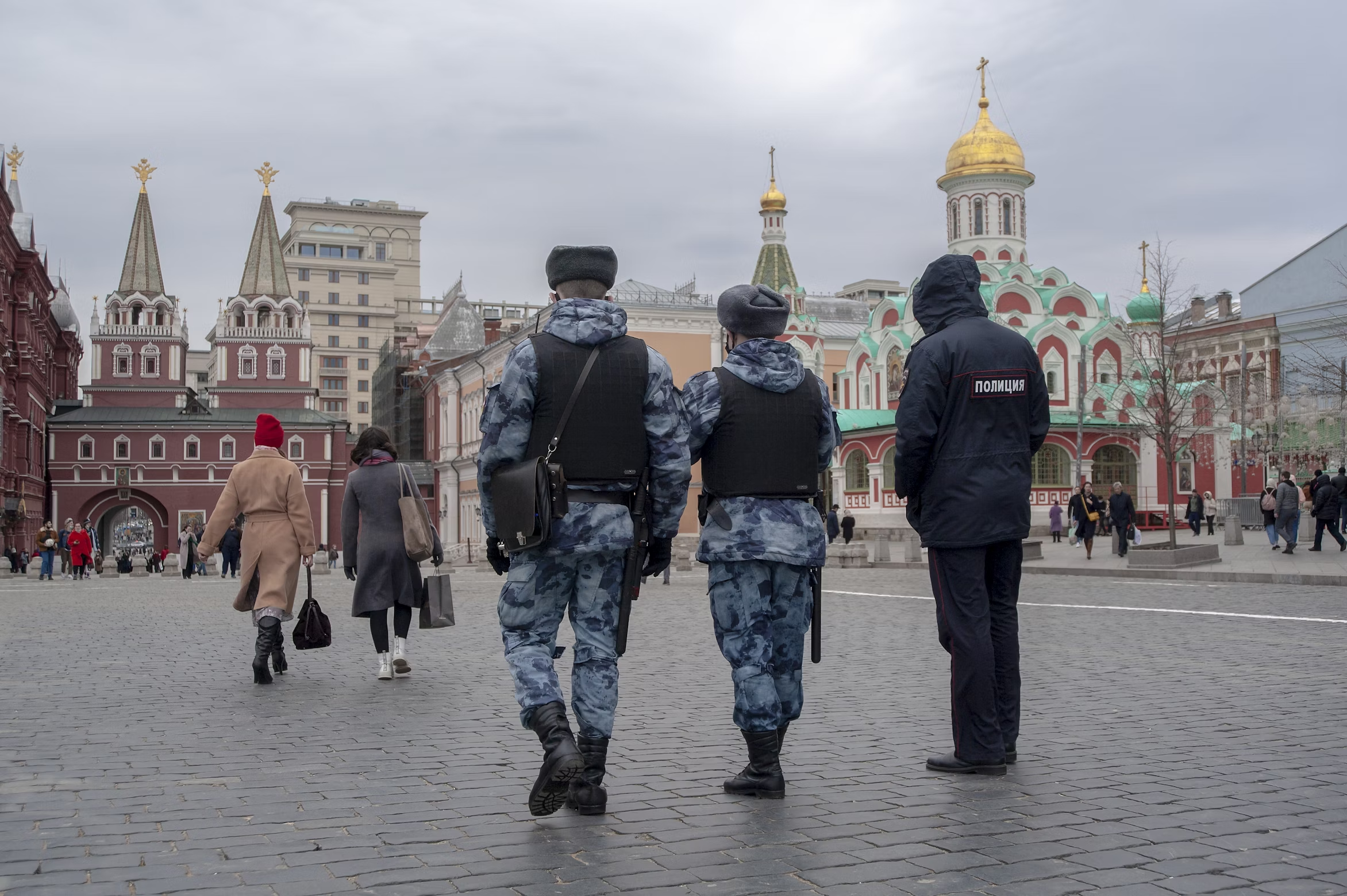Mr. President, on August 8, Nicolae Gheorghe, one of the leading figures of the Romani civil rights movement, passed away. He was devoted to improving the situation of Roma, ultimately playing a pivotal role on the international stage and especially within the OSCE. Gheorghe lived an extraordinary life and will be long remembered for his singular contribution to the advancement of human rights.
Nicolae Gheorghe was born in 1946 in Romania during the aftermath of the fascist regime led by Marshall Ion Antonescu. His mother had narrowly escaped the mass deportations of 25,000 Roma planned and implemented by the Antonescu regime.
Members of the Helsinki Commission first met Nicolae Gheorghe when Senator Dennis DeConcini and Representative Steny Hoyer, then-Chairman and Cochairman, led a delegation to Romania in April 1990. At that time, Gheorghe was emerging as one of the clearest and most compelling voices sounding the alarm about the deplorable situation of Roma. Although the fall of communism in Central Europe ushered in an era of democratization, it also gave free rein to old bigotry against Roma. In fact, only a few months after that visit, police efforts to remove demonstrators from Bucharest degenerated into brutal attacks on the offices of opposition papers, opposition leaders’ homes, and members of the Romani minority.
At almost the same time, the OSCE participating States were meeting in Copenhagen negotiating what would become one of the most ambitious agreements of the Helsinki process: the seminal 1990 Copenhagen Document. I was part of a delegation Representative Hoyer led to that historic meeting where we raised our concerns about religious and ethnic minorities directly with the delegation from Romania.
It was also in Copenhagen where Nicolae Gheorghe pressed–successfully–for the adoption of the first reference in any international human rights agreement to the specific problems faced by Roma. The U.S. delegation to that meeting, headed by the late Ambassador Max Kamplemen, helped secure the inclusion of that text in the final document.
But in the context of post-Communist economic and political transition, Roma became targets of ethnically motivated attacks. In Romania, dozens of pogroms against Roma were carried out between 1990 and 1997, prompting Gheorghe and others to found Romani CRISS in 1993. The name is a Romanian acronym for Center for Social Intervention and Studies but also a play on the Romani word “kris,” which is a kind of council of elders. In the 1990s, he worked with the New Jersey-based Project on Ethnic Relations and served on the board of the European Roma Rights Center.
He also brought his concerns to the United States. In 1994, the House Committee on Foreign Affairs Subcommittee on International Security, International Organizations, and Human Rights, chaired by Representative Tom Lantos, convened the first hearing before Congress on the situation of Roma. Gheorghe, joined by Romani activists Ian Hancock, Andrzej Mirga, and Klara Orgovanova, testified, along with Livia Plaks of the Project on Ethnic Relations.
Gheorghe argued that anti-Roma attitudes and behaviors could serve as a barometer to gauge the success of countries building democratic institutions, the rule of law, and “the consolidation of civil movements and associations and societies and states deeply distorted by the decades of pro-fascist, authoritarian and communist totalitarian regimes.”
He presciently surveyed the scope and implications of anti-Roma manifestations including in Bosnia, Germany, the Czech and Slovak Republics, and Romania. “[T]he most important assistance which can be brought to or sent to our region is the rule of law, the breeding of democratic institutions, and careful implementation of individual human rights.” Gheorghe testified at Helsinki Commission briefings and hearings in 2002 and 2006.
Nicolae Gheorghe also became a fixture at OSCE human rights meetings–first in his capacity as an NGO, then as the first senior adviser on Romani issues for the OSCE Office for Democratic Institutions and Human Rights. In whatever capacity he worked, he was a relentless advocate for the human rights of Romani people.
His appointment coincided with the deterioration of the situation in Kosovo, the NATO air campaign against Milosevic’s Serbia, and the subsequent deployment of a large OSCE mission to Kosovo. As a consequence of developments in the Balkans, he became immediately engaged on issues relating to the displacement of Kosovo Roma to Macedonia and elsewhere. Throughout his tenure with the OSCE, which lasted through 2006, his work was driven by the need for crisis management stemming from acts of violence and other extreme manifestations of prejudice against Roma–not only in the Balkans but elsewhere in the OSCE region as well.
In his 2006 testimony before the Helsinki Commission, he observed that international organizations had largely focused on the situation of Roma in Central Europe, neglecting Western countries such as Greece, France, Spain, and Italy. “I don’t think that Europe for the time being realizes the depth of the racism and racist attitudes in its structures, [in] Europe as a whole.” The mass fingerprinting of Roma in Italy in 2008 and the expulsions of Roma from France in 2010 would illustrate that Gheorghe had spoken with typical insight.
I wish that I could say Nicolae Gheorghe’s work to advance the human rights of Roma was complete. Clearly, it is not. Each day, it must be carried on by the many people he encouraged and a new generation of activists. Toward that end, our load is lighter because of the burdens he carried, our goals are nearer because of the distance he traveled, and we are inspired by his legacy.










